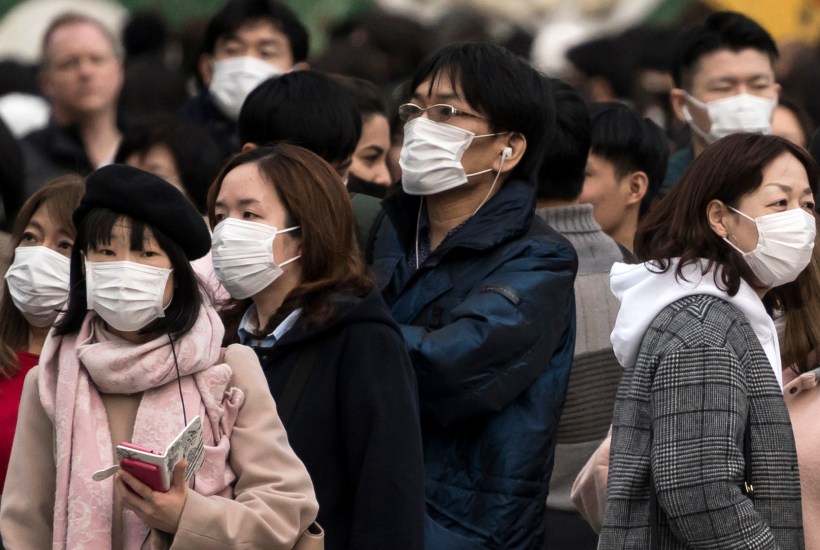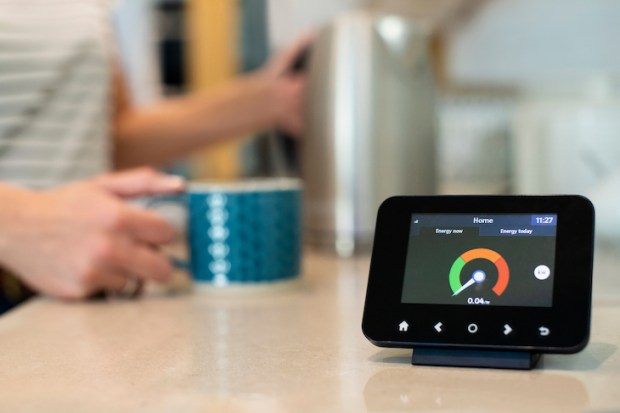Sweden has received quite a kicking for its decision to avoid a lockdown: look at its death rate, critics say, which at 435 per million is several times that of neighbouring Denmark (99) and Norway (44). But there is another country that has taken the Swedish route which is rather harder to criticise.
In Japan, restaurants, shops, hair salons have remained open throughout and there have been no restrictions on personal movement. Moreover, in contrast to South Korea and Taiwan, there has been little testing – Japan has performed 2,300 tests per million residents, compared with 920,000 per million in South Korea (Britain, by the way, has performed 63,000 tests per million). Even Sweden, on 24,000 tests per million has outperformed Japan on that front.
Japan did conduct some test and trace early on in the epidemic. But it can hardly claim to have snuffed out the virus by doing so. Back in April, a Tokyo hospital tested all its patients for infection with Sars-CoV-2 – the virus which causes Covid-19 – and found that 7 per cent of the non-Covid patients were infected. That compares with the ONS figure released last week that 6.78 per cent of the UK population have antibodies to the virus, suggesting that they have been infected at some point.
Japan, then, has not used any of the standard measures for tackling Covid-19 – lockdown, test, track and trace – with any great vigour. Neither has it succeeded in snuffing out the virus by any other means. If you think Boris Johnson or Donald Trump have been reckless in some way, you ought to be berating the Japanese government far more. But you won’t because Japan, in spite of its laissez-faire attitude, has had remarkably few deaths: seven for every million citizens, compared with 567 in the UK. Even Europe’s Covid pin-up – Germany – has suffered a death rate that is multiples that of Japan: 103 per million.
But then again, if you compared Japan with its Far Eastern neighbours, you could establish a case that Japan has been reckless: South Korea and Taiwan have even lower death rates at 5 per million and 0.3 per million respectively.
This brings one to an inescapable conclusion that has been obvious since mid-March, at least to anyone who has been prepared to see it: that there is a fundamental difference in the way that this virus has behaved in the Far East compared with Europe and America. It has been far, far deadlier in the latter two, and in a way which cannot even nearly be explained by the way different governments have handled the epidemic. This raises two possibilities: either there is a difference in the virus that has been attacking Western countries or there is a difference in the human populations.
As I wrote here in early May, there is some indication that the virus mutated as it came west – although the scientists from the University of Sheffield and Los Alamos Laboratory who undertook that study couldn’t find any evidence that the later strain was any more deadly, only possibly that it transmitted more easily. As for the populations themselves, is there some kind of natural resistance to Covid-19 among people in the Far East that is not present in Europe and the US? Have people there gained some degree of immunity, perhaps a cross-reaction from infection by another coronavirus that has circulated widely in the Far East but not in Europe or America?
I wrote here on Saturday about a Singapore study that found an immune response to Sars-CoV-2, which appears to have arisen from infection by other coronaviruses. Sadly, I can’t offer any other research that shines any light on why Covid-19 should be much more deadly in Europe and America than in the Far East, but it is an area which is begging for further examination.
Got something to add? Join the discussion and comment below.
Get 10 issues for just $10
Subscribe to The Spectator Australia today for the next 10 magazine issues, plus full online access, for just $10.





















Comments
Don't miss out
Join the conversation with other Spectator Australia readers. Subscribe to leave a comment.
SUBSCRIBEAlready a subscriber? Log in